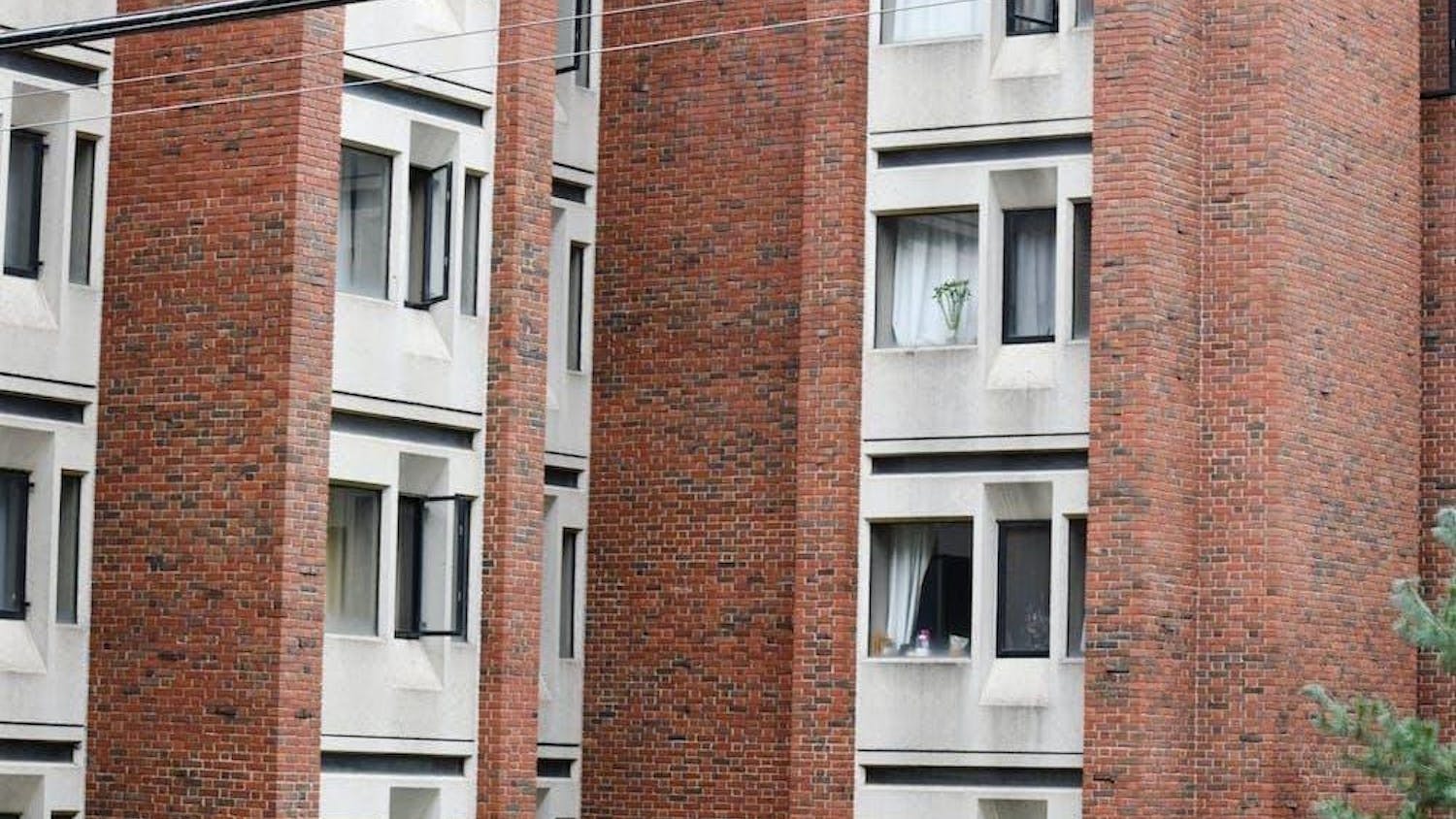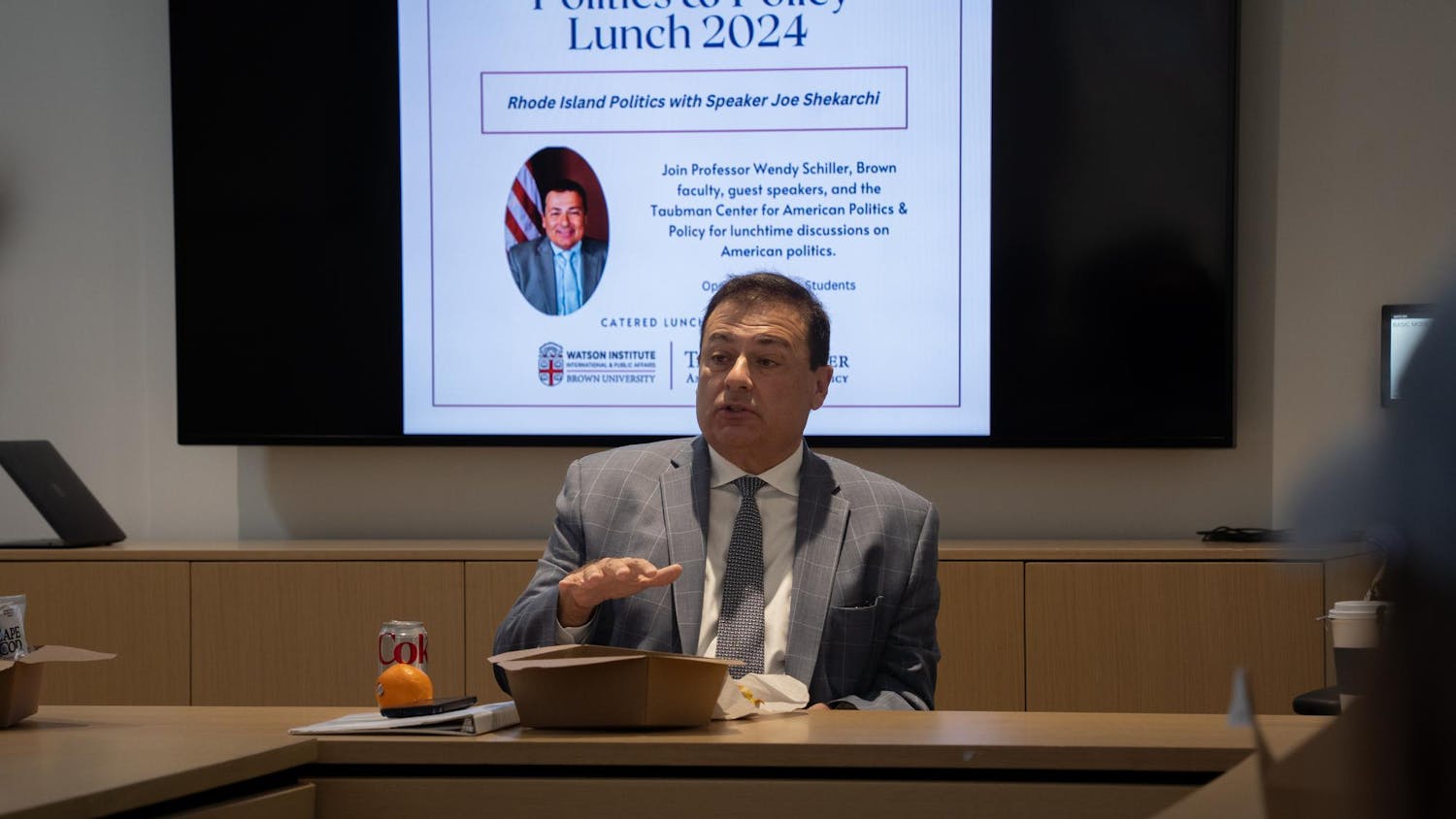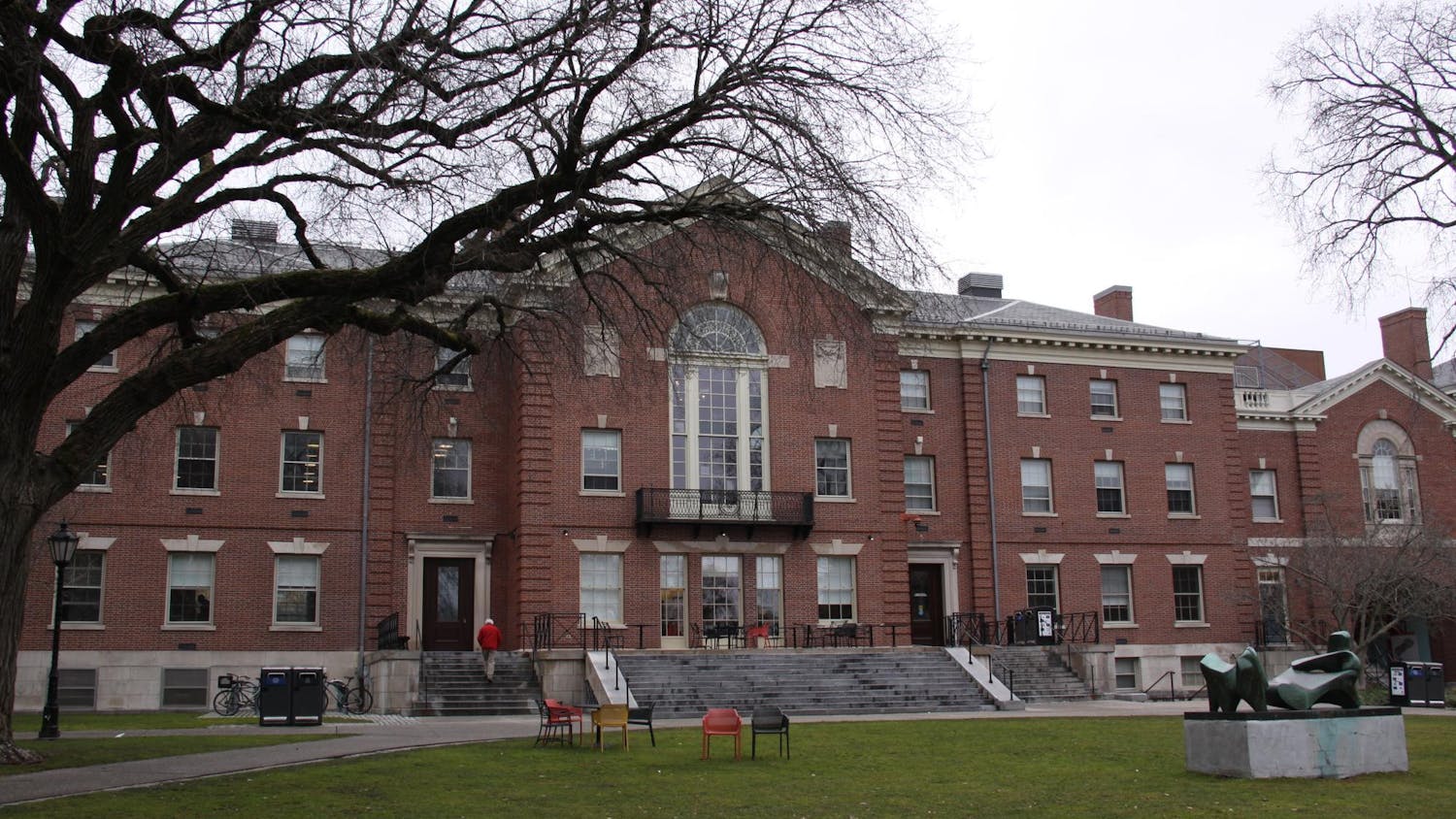With the Corporation expected to approve President Christina Paxson’s strategic plan this weekend, strengthening financial aid and renovating the physical campus are undergraduates’ top priorities, according to a student feedback report scheduled to be released today by the Undergraduate Council of Students.
The report synthesizes student input on Paxson’s plan — a document expected to guide her agenda for the University over the next decade — from four forums and the UCS Fall Poll, which 33 percent of undergraduates completed.
Todd Harris ’14.5, UCS president, said he would email the report to Corporation members today and present it to them in person Friday.
Students who have “additional feedback” or “concerns they didn’t get a chance to mention” can still fill out an online feedback form before Friday, he said.
The Corporation will likely vote on the plan Saturday.
Financial aid dominated student sentiment in the report, with 38.4 percent of poll respondents calling it their top priority and 61.7 percent including it in their top three out of 10 priorities.
By a ratio of more than two to one, respondents indicated they would like to see the University improve aid for students from domestic middle-income families before implementing universal need-blind admissions.
Many would like to see “firmer commitments” to improving financial aid, according to the report.
Though the strategic planning Committeee on Financial Aid recommended implementing universal need-blind admission, lowering summer earnings and parental contribution expectations and requiring all students on financial aid to apply for annual aid reassessment, the plan only commits to the last of those three goals.
Renovating the physical campus emerged as students’ second chief concern after financial aid, with 13.8 percent of respondents naming it their top priority and 44.1 percent placing it in their top three priorities.
The plan proposes renovating the Sharpe Refectory and some residence halls, as well as moving some programs off College Hill to the Jewelry District.
Students would like to see the University renovate residence halls and eateries before expanding them, according to the UCS report. More would prefer renovations to dormitories over eateries, with 82.3 percent of respondents saying dormitories are “in high need of renovation,” compared to 71.1 percent saying the same of eateries.
Some fear that moving programs off College Hill would threaten the “close-knit culture of the campus,” according to the report.
Many indicated hope that administrators would solicit student feedback before changing the physical campus. Out of 10 options, respondents selected “renovating and improving the physical campus” as the goal most in need of student input after “experimentation in classroom teaching.”
Internship programs also earned precedence among students, with 13.4 percent of respondents calling them their top priority and 49.1 percent counting them in their top three priorities.
Many expressed hope that alums would serve as a “community of mentors that strengthens the current internship search process,” according to the report.
The plan proposes strengthening the alumni internship and career advising network, as well as giving students on financial aid additional funding to allow them to accept unpaid summer internships.
Advising also figured at the forefront of student concern, with 35.7 percent of respondents calling improving the advising experience “very important,” and 27.5 percent calling it “extremely important.”
Paxson did not originally include advising in the draft of the plan. In response to community-wide concern about the plan’s lack of advising, she vowed to add a section on the subject.
The plan’s focuses on issues of sustainability, experimentation in teaching, sophomore seminars, international programs, graduate programs, the virtual campus and courses in STEM fields — science, technology, engineering and mathematics — emerged as less prominent priorities for students. Altogether, about a third of students named one of these issues a top priority.
After many worried in the week after the plan’s release that the proposed expansion of graduate programs could detract from the undergraduate experience, only 1.5 percent of respondents called graduate programs a top priority.
Despite advances in online teaching — with the University offering its first for-credit online course this past summer — only 1.2 percent of respondents called the virtual campus a top priority.
ADVERTISEMENT




